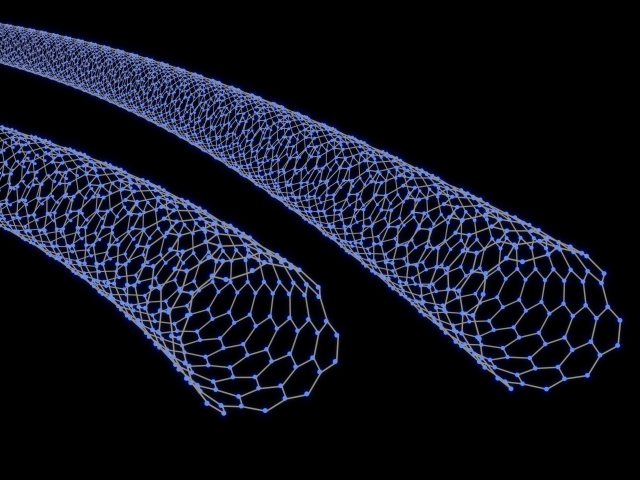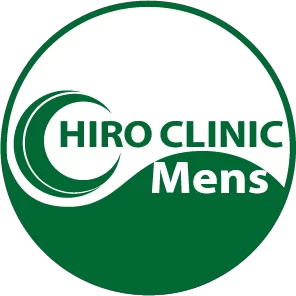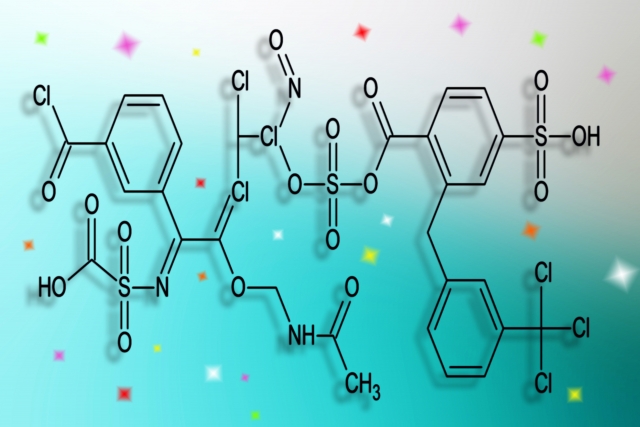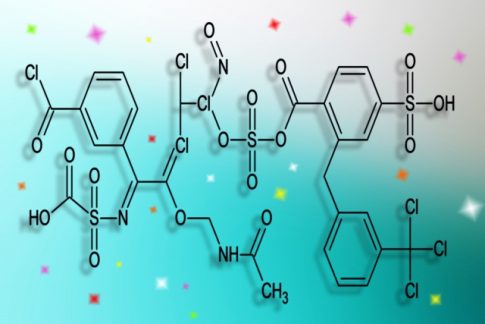この記事の概要
This article discusses the role of epigenetics (changes in gene expression) in the treatment of male pattern baldness (AGA). Epigenetics is a mechanism that regulates gene expression without altering the gene sequence and can affect DHT production and hair growth in AGA. Specifically, therapies through DNA methylation, histone modification, and non-coding RNA are being studied and explored as a potential new treatment for AGA as personalized medicine.
Introduction
Androgenetic alopecia (AGA) is a progressive form of hair loss caused by genetics and hormonal imbalance. In recent years, epigenetics (changes in gene expression) has been attracting attention in the treatment of AGA. Epigenetics is a mechanism that regulates the expression of genes without altering their sequence, and it is known that the environment and lifestyle affect gene expression. This article will explain in detail how epigenetics can help in the treatment of AGA, its specific methods and scientific basis.
What is AGA?
AGA is caused by DHT (dihydrotestosterone), which is produced by testosterone under the influence of an enzyme DHT acts on hair follicles and causes hair loss by shortening the hair growth cycle The progression of AGA goes through the following stages
Early stage: thinning of the frontal hairline and the crown of the head.
Mid-term stage: Thinning of hair in the frontal and parietal areas progresses, and the surface of the skin becomes easily visible.
Progressive stage: The frontal and parietal areas become even thinner, leaving only the temporal and occipital areas.
What is epigenetics?
Epigenetics refers to mechanisms that regulate gene expression without changing the DNA sequence itself. This includes DNA methylation, histone modifications, and non-coding RNAs. Epigenetics can be affected by external factors such as environment, diet, stress, and lifestyle, which can dynamically regulate gene expression.

Impact of Epigenetics on AGA
Regulation of gene expression
Epigenetics can be used to regulate the expression of genes involved in DHT production and hair growth. This is expected to reduce the progression of AGA and promote hair growth.
Environmental and lifestyle influences
Epigenetics can improve the approach to AGA through diet, exercise, and stress management, as environmental and lifestyle changes alter gene expression. This allows for treatment at the genetic level.
Development of new treatment methods
Epigenetics-based therapies can open up new AGA treatment possibilities because they work through a different mechanism than conventional therapies. In particular, drugs targeting epigenetics are being developed.
Specific treatment for epigenetics
Regulation of DNA methylation
DNA methylation is an epigenetic modification that suppresses gene expression. By adjusting the methylation pattern, the expression of genes involved in AGA is controlled. Certain foods (e.g., foods high in folic acid and B vitamins) and supplements can alter methylation patterns.
Adjustment of histone modifications
Histone modifications are chemical modifications of histone proteins that genes wrap around and affect gene expression. By modulating histone modifications, the expression of genes involved in hair growth can be activated. Agents such as histone deacetylase (HDAC) inhibitors have been developed.
Utilization of non-coding RNA
Non-coding RNAs (ncRNAs) are RNAs that do not code for proteins and are responsible for regulating gene expression. Targeting specific ncRNAs can regulate the expression of genes associated with AGA and enhance therapeutic efficacy.
The Roots of Science
Various studies have been conducted on the application of epigenetics to the treatment of AGA. For example, studies are underway on the effects of DNA methylation and histone modifications on hair growth. These studies indicate that epigenetics is a promising approach in the treatment of AGA.
Cautions for Epigenetics
Consideration of individual differences: Because the effects of epigenetics vary widely from person to person, there may be individual differences in treatment efficacy.
Long-term consequences: Changes in epigenetics have long-term consequences and must be carefully evaluated. In particular, the side effects of changes in gene expression should be considered.
Professional guidance: Because treatment using epigenetics requires specialized knowledge, it is important to seek treatment at a reputable medical institution.
Summary
For men suffering from AGA, epigenetics offers new therapeutic possibilities. By regulating gene expression, it is expected to reduce the progression of AGA and promote hair growth; by utilizing various epigenetic mechanisms, such as DNA methylation, histone modifications, and non-coding RNAs, as part of personalized medicine, treatment may yield more effective results will be possible.
AGA Treatment at HIRO CLINIC
AGA (androgenetic alopecia) is a disease called androgenetic alopecia, which, if left untreated, will progress and require early treatment. HIRO CLINIC uses the most advanced regenerative medicine technology to treat AGA. Our expert physicians will propose the appropriate treatment for each individual and support your concerns to the best of their ability.










